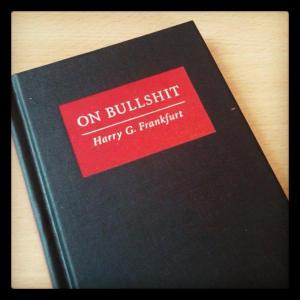
It´s been a long time since the last blog here. Ten months infact. Yet the need for clear thinking remains and grows! So, in the name of understanding and insight, here is a jump-start post on the subject of something we hear more often. Bullshit.
Our thanks go to Princeton University emeritus professor Harry G. Frankfurt for this short and pertinent analysis of everything long winded and irrelevant. How useful it is!
Frankfurt carefully points out that much of the "talk" and "information" we have or allow to pass through our ears and into our minds is somewhat less innocent than it seems. The human intelligence seeks truth and "bullshit" is often one of its more subtle enemies, deflecting words towards meaningless ends, at best, and at worst manipulating the mind to more cleverly crafted goals.
"The bullshitter... is neither on the side of the true nor on the side of the false. His eye is not on the facts at all, as the eyes of the honest man and of the liar are, except in so far as they may be pertinent to his interest in getting away with what he says. He does not care whether the things he says describe reality correctly. He just picks them out, or makes them up to suit his purpose"
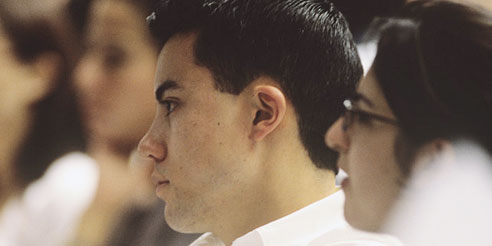
Some key quotes for concerning formation within the Church. Christian faith and theology require a philosophy capable, independently of faith, of reaching the existence of God and discovering the meaning of man's existence. Any formation or evangelisation which presents only faith and Revelation is like an eagle with one wing.
"I am thinking too of those responsible for priestly formation, whether academic or pastoral. I encourage them to pay special attention to the philosophical preparation of those who will proclaim the Gospel to the men and women of today... I ask everyone to look more deeply at man..."
Pope John-Paul II, Fides et Ratio, n.106-107
Martin Luther
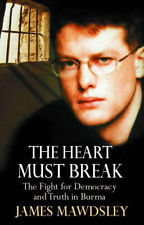 "I am leaving this world where either the heart must break or turn as hard as iron"
"I am leaving this world where either the heart must break or turn as hard as iron""I cannot swear to everything I have said in this argument - but one thing I am ready to fight for in word and deed, that we shall be better, braver and more active men if we believe it is right to look for what we do not know, than if we think we cannot discover it and have no duty to seek it."
Plato
"Where caution is everywhere, courage is nowhere to be found. Our ancestors were not quiescent; we shall die of prudence yet, you will see."
A bishop of Poitiers
"Hope, in this deep and powerful sense, is not the same as joy that things are going well, or willingness to invest in enterprises that are obviously headed for early success, but, rather an ability to work for something because it is good, not just because it stands a chance to succeed. The more unpropitious the situation in which we demonstrate hope, the deeper that hope is. Hope is definitely not the same thing as optimism."
Vaclav Havel
These are a few of the quotes subtitling the chapters of The Heart Must Break - The fight for democracy and truth in Burma, by James Mawdsley. James refound meaning in his life after a period of deep disillusionment with life as western society sees and presents it. He did this by plunging into passionate and perilous friendship and struggle for truth. It was a journey which brought him multiple encounters with imminent death, bare-faced hatred and violence, and more pointedly with the depths of man's unavoidable need for the freedom to live and love that only truth can offer... a truth man has been willing to pay the highest price for. He was an ordinary university student who's story through confusion and bitter searching testifies to the beauty of life worth seeking and fighting for.
The Heart Must Break, James Mawdsley, Century 2001
 Le Cannabis Démasqué, Brother Ambroise, csj.
Le Cannabis Démasqué, Brother Ambroise, csj."This is cannabis stripped of the cheap exterior afforded it by the opposing yet equally noxious a priori of virtuous well-to-do's and laxist ideologists. Because we're talking about a real human crisis which is taking place right infront of our eyes, on our street corners, at the gateways of our secondary schools.
In this book cannabis is unmasked by its own victims. At last! The originality of this courageous book is that it conveys a truth by moving back and forth between philosophical reflexion and daily experience, showing that cannabis attacks not only the body, but especially the intelligence, the sensibility, and the capacity to discern.
It is a worrying truth indeed, yet so too are the figures. Both need to be looked at face on.
It is also a truth full of hope. We need to listen to those who escaped from cannabis. They are without a doubt wounded and fragile, but they have also become strong because of their wounds and their fragilities.
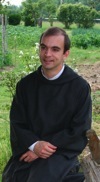
Behind the mask of a drug that is slow rather than soft, this book opens the floor to those who live this crisis and this hope on a daily basis."
Le Cannabis Démasqué, Ambroise Pic, Éditions du Jubilé 2008
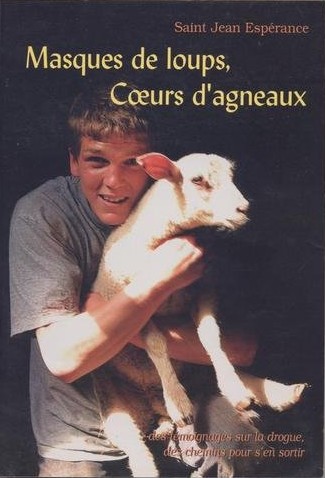 Brother Ambroise led the organisation "Saint Jean Esperance" for several years. This program for drug addicts has 2 houses in France. The young men live alongside the brothers and younng male volunteers for one or two years, recovering and rebuilding their lives, broken not just by drugs but by abuse, violence and a society hostile to real growth. This deeply striking and moving book is a compilation of the testimonies of some of the those who struggled their way out of the grip of drugs thanks to mutual support, guidance, prayer, physical, emotional and spiritual healing, searching and questionning, and a lot of brotherly love! The title couldn't be more accurate... Masks like wolves, hearts like lambs !
Brother Ambroise led the organisation "Saint Jean Esperance" for several years. This program for drug addicts has 2 houses in France. The young men live alongside the brothers and younng male volunteers for one or two years, recovering and rebuilding their lives, broken not just by drugs but by abuse, violence and a society hostile to real growth. This deeply striking and moving book is a compilation of the testimonies of some of the those who struggled their way out of the grip of drugs thanks to mutual support, guidance, prayer, physical, emotional and spiritual healing, searching and questionning, and a lot of brotherly love! The title couldn't be more accurate... Masks like wolves, hearts like lambs !Br Ambroise followed up this book, which tells of raw, first hand experience of boys who's lives were all but destoryed, with an in-depth study of the consequences of cannabis on the development of the human person, entitled Cannabis Unmasked.
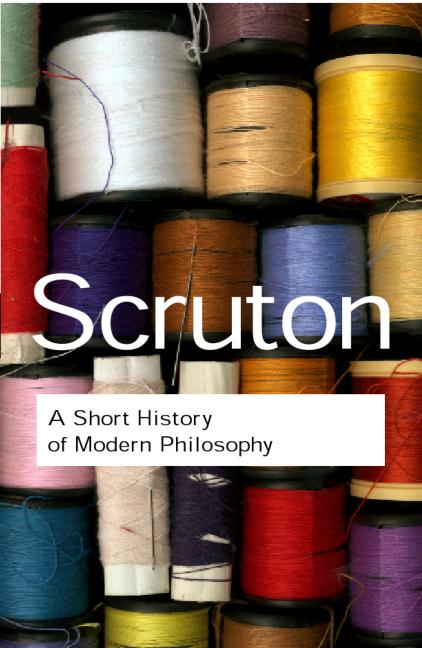 A well written, insightful and learned journey through the thinkers and writers that have influenced the modern mind!
A well written, insightful and learned journey through the thinkers and writers that have influenced the modern mind!(Roger Scruton, A History of Modern Philosophy, Routledge 1995)
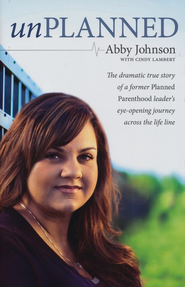 Unplanned is one of recent years' most striking witnesses to truth. Abby Johnson, a former director of an abortion clinic, recounts her pathway from abortion to the fight for life. This book is highly valuable thanks to the author's first hand knowledge of, and long-standing complicity in, what she takes care to describe Planned Parenthood's abortion industry. Her concern for women, children and family brought her to work for this organisation, led her to profound shock and disillusionment in the ideas about women and life which it promotes, and drove her to a choice for life. Abby witnesses to both the good intentions of many who work for the abortion of children in the mother's womb, and to the culture of false compassion which offers death as a solution. She now consecrates her time and energy to offering women real and constructive options with regard to unwanted or traumatically concieved children. A gripping and enlightening read!
Unplanned is one of recent years' most striking witnesses to truth. Abby Johnson, a former director of an abortion clinic, recounts her pathway from abortion to the fight for life. This book is highly valuable thanks to the author's first hand knowledge of, and long-standing complicity in, what she takes care to describe Planned Parenthood's abortion industry. Her concern for women, children and family brought her to work for this organisation, led her to profound shock and disillusionment in the ideas about women and life which it promotes, and drove her to a choice for life. Abby witnesses to both the good intentions of many who work for the abortion of children in the mother's womb, and to the culture of false compassion which offers death as a solution. She now consecrates her time and energy to offering women real and constructive options with regard to unwanted or traumatically concieved children. A gripping and enlightening read!
"Abby Johnson quit her job in October 2009. That simple act became a national news story because Abby was director of a Planned Parenthood clinic in Texas who, not long after assisting in an actual abortion procedure for the first time, crossed the line to join the Coalition for LIfe. What happened in that clinic to cause this Planned Parenthood leader and Employee of the Year to take such drastic action? And how did Planned Parenthood react to her abrupt departure?
Join Abby as she reveals her full story in Unplanned: a heart-stopping personal drama of life-and-death encounters, a courtroom battle, and spiritual transformation. Abby's unique vantage point from both sides of the abortion clinic property line shines light and compassion into the political controversy that surrounds this issue. For anyone who cares about the life-versus-rights debate and helping women who face crisis pregancies, Unplanned is a must-read."
(Unplanned, Abby Johnson, Saltriver 2010)
John Bradburne is one of Great Britain's most recent figures of holiness. 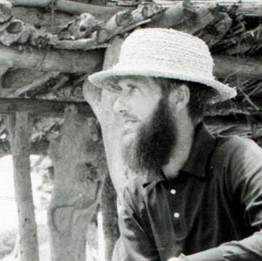 He died in 1979, killed by guerilla fighters in Zimbabwe whilst caring for leppers. A convert from the Anglican Church, his love of Christ in the Eucharist and Our Lady was immense. The following book is a biography written by a friend and priest, Father John Dove. Here's the back cover resume, and one of his poems.
He died in 1979, killed by guerilla fighters in Zimbabwe whilst caring for leppers. A convert from the Anglican Church, his love of Christ in the Eucharist and Our Lady was immense. The following book is a biography written by a friend and priest, Father John Dove. Here's the back cover resume, and one of his poems.
"John Bradburne's life was a remarkable spiritual odyssey. After wartime service on the Indian subcontinent, he became a perennial pilgrim, never at home in the world, not even in his native England. Restless wanderings lead him through Europe to the Holy Land, to a succession of religious communities, and ultimately to Africa where he met a violent death during the Zimbabwean war of independence. This deeply sympathetic biography, written by a personal friend, is enriched by extensive quotations from John Bradburne's poems and diaries, offing a rare insight into the mind and character of this quite extraordinary man. In particular, the account of his life among the lepers, and the astonishing happenings during his funeral service, make it clear that here was a man singled out for sanctity, marked with a special charisma. In the twenty years since his death, a devotion to his memory as sprung up in sothern Africa. Poet, mystic, hermit, and vagabond, John Bradburne's strange life was a ceaseless quest for God."
(Strange Vagabond Of God, Father John Dove, s.j., Gracewing 1997)
From John Bradburne's poems:
Strays and WAIFERS: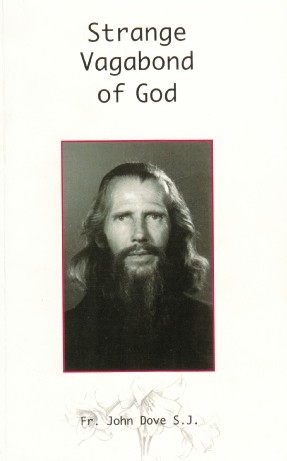
To a wandering jew (all my eye is set on fancies....)
Strange vagabond, who knows not what to seek!
The rest you lack flies not thus far afield:
Much babel tumult renders hearing weak,
And, so replete with sights, your sight is sealed!
Far out you stray to find your Inmost Soul,
While souls His Eloquence in stillness find
Be still then! let God's Silence make you whole,
For He Alone can calm your troubled mind:
Your soul's Desire is nearest though unseen,
Your Haven of Perfection's close at hand,
And that wide wandering was fevered dream:
God's love within you is your Native Land!
Then seek none other, never more depart -
For you are homeless save God keeps your heart.
The Joy of man's desiring is the Lord,
And where the Treasure is, there is the Heart:
What then, if having wandered far abroad
A man finds God at Home? will he depart
Again? to seek his Treasure far and wide,
When he has found the House where it is safe:
Will he reject his Saviour Crucified?
The Risen Christ lives (like a little waif')
Hidden, unheard, uncared for by the World
Which passes busily His Sacrament,
In quest of treasure which must soon be furled
(With all the perishable firmament)
And put away for ever, by that KING
Who hides our folly in His Suffering!
Roger Scruton, an English philosopher, has recently published a book formed from the Gifford Lectures he gave at St Andrews University, Scotland, in 2010. He adresses the question of the existence of God in what I think is a highly pertinent way - the posited absence of God being not a triumph of humanity but rather modern man's most tragic crisis of meaning... a meta-crisis! He explores what most people admit to be a gradual destruction of man in our society and argues that this is, through being a destruction of man, also a gradual loss of our natural discovery of God.
"Roger Scruton explores the place of God in a disenchanted world. His argument is a response to the atheist culture that is now growing around us, and also a defence of human uniqueness. He rebuts the claim there is no meaning or purpose in the natural world, and argues that the sacred and the transcendental are “real presences”, through which human beings come to know themselves and to find both their freedom and their redemption.
In the human face we find a paradigm of meaning. And from this experience, Scruton argues, we both construct the face of the world, and adress the face of God. We find in the face both the proof of our freedom and the mark of self-conciousness. One of the motivations of the atheist culture is to escape from the eye of judgement. You escape from the eye of judgement by blotting out the face: and this, Scruton argues, is the most disturbing aspect of the times in which we live. In his wide-ranging argument Scruton explains the growing sense of destruction that we feel, as the habits of pleasure seeking and consumerism deface the world. His book defends a consecrated world against the habit of deconsecration, and offers a vision of the religious way of life in a time of trial."
(The Face of God, Roger Scruton - Continuum 2012)
For more works by Roger Scruton: www.roger-scruton.com
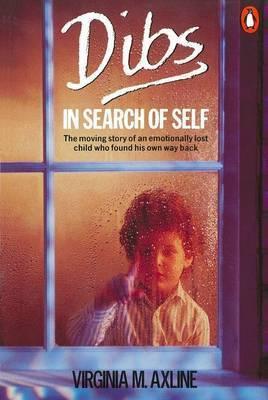 Another thought provoking read, this time less recent and by V. M. Axline, a child psychotherpist. Through this impressive story of a boy she names "Dibs", Axline shows clearly and beautifully how a child is an entire person just beginning to open, develop and grow in uniqueness, and what a delicate, sensitive and profound reality that is. Both heart-wrenching in its revealing of how such vulnerability can be so easily trampled, this day by day description of the steps the author took with this child also astonishes the reader with the strength and depth of even a young child's will to live, love, fight for truth in his life and even to forgive.
Another thought provoking read, this time less recent and by V. M. Axline, a child psychotherpist. Through this impressive story of a boy she names "Dibs", Axline shows clearly and beautifully how a child is an entire person just beginning to open, develop and grow in uniqueness, and what a delicate, sensitive and profound reality that is. Both heart-wrenching in its revealing of how such vulnerability can be so easily trampled, this day by day description of the steps the author took with this child also astonishes the reader with the strength and depth of even a young child's will to live, love, fight for truth in his life and even to forgive.
“He would not talk. He would not play. Judged mentally defective, he was suddenly oblivious both to other children and to his teacher; in reality he was a brilliant, lonely child trapped in a prison of fear and rage, a prison from which only he could release himself.”
...Dibs had had his dark moments and had lived for a while in the shadows of life. But he had had the opportunity to move out of those dark moments and discover for himself that he could cope with the shadows and sunshine in his life.
Perhaps there is more understanding and beauty in life when the glaring sunlight is softened by the patterns of shadows. Perhaps there is more depth in a relationship that has weathered some storms. Experience that never disappoints or saddens or stirs up feelings is a bland experience with little challenge or variation in colour. Perhaps when we experience confidence and faith and hope that we see materialise before our eyes this builds up within us a feeling of inner strength, courage, and security.”
(Dibs, In Search Of Self - Penguin Books 1990)
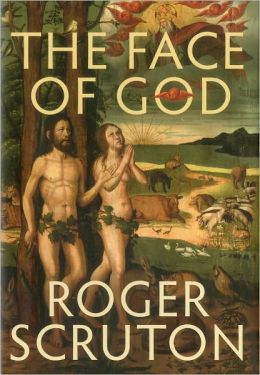

 De Broeders van Sint Jan hebben hun leven aan God gewijd, ten dienste van God en hun naasten. Zij willen leven volgens het Evangelie van Jezus Christus en zich door hun gebed en hun activiteiten inzetten voor jong en oud.
De Broeders van Sint Jan hebben hun leven aan God gewijd, ten dienste van God en hun naasten. Zij willen leven volgens het Evangelie van Jezus Christus en zich door hun gebed en hun activiteiten inzetten voor jong en oud.